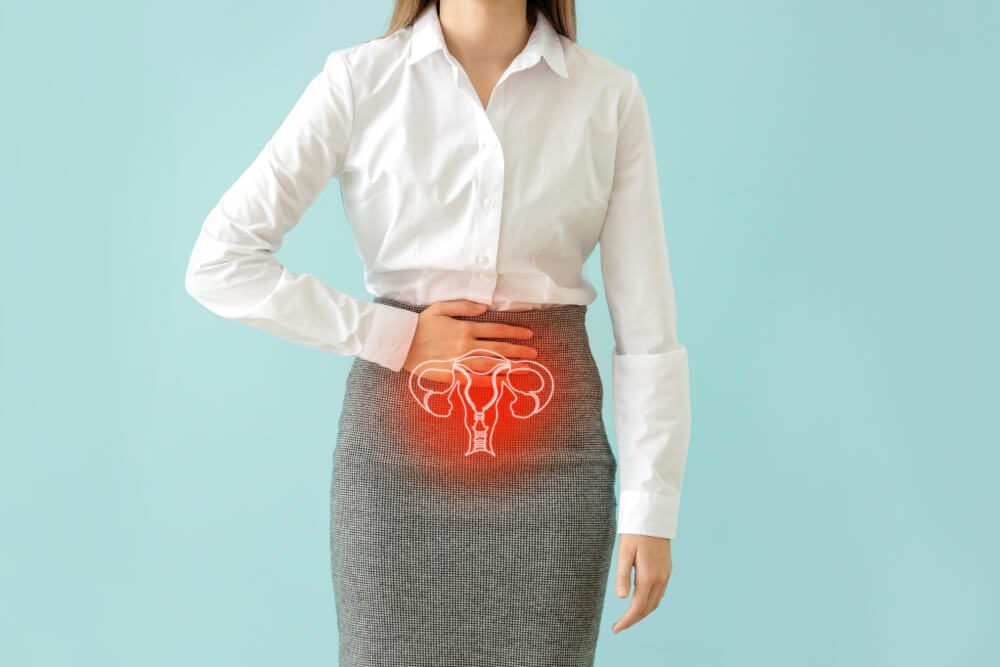How to Manage Period Pain


Period pain can often be managed at home without the need to consult a doctor. Whilst uncomfortable and inconvenient, it rarely warrants a trip to a specialist and there are certainly things you might want to try before seeking medical assistance.
Over-the-counter pain relief. Painkillers, such as ibuprofen and aspirin can be very effective at easing uncomfortable menstrual cramps. Paracetamol is less effective. If the pain is severe, your doctor should be able to prescribe something a little stronger.
Exercise. Whilst it might be the last thing you feel like doing, a gentle walk, swim or bike ride can help to distract you and relieve the pain.
Heat. Applying a heat pack or a hot water bottle to the affected region can reduce pain. Likewise, a warm bath or shower can also improve any discomfort. There is some evidence that heat can be as effective as pharmaceutical painkillers, without the side effects.
Gentle massage to the abdomen, using light circular movements can help.
Reducing stress can lessen the severity of period pain. You might find that relaxation techniques, such as yoga and pilates help with this.
TENS (Transcutaneous Electronic Nerve Stimulation) has also been recommended as a means of easing period pain. A mild electric current is delivered to the nerves, via electrodes attached to the skin of the abdomen. It is thought that this raises the threshold for pain sensitivity, as well as stimulating the release of endorphins.










































